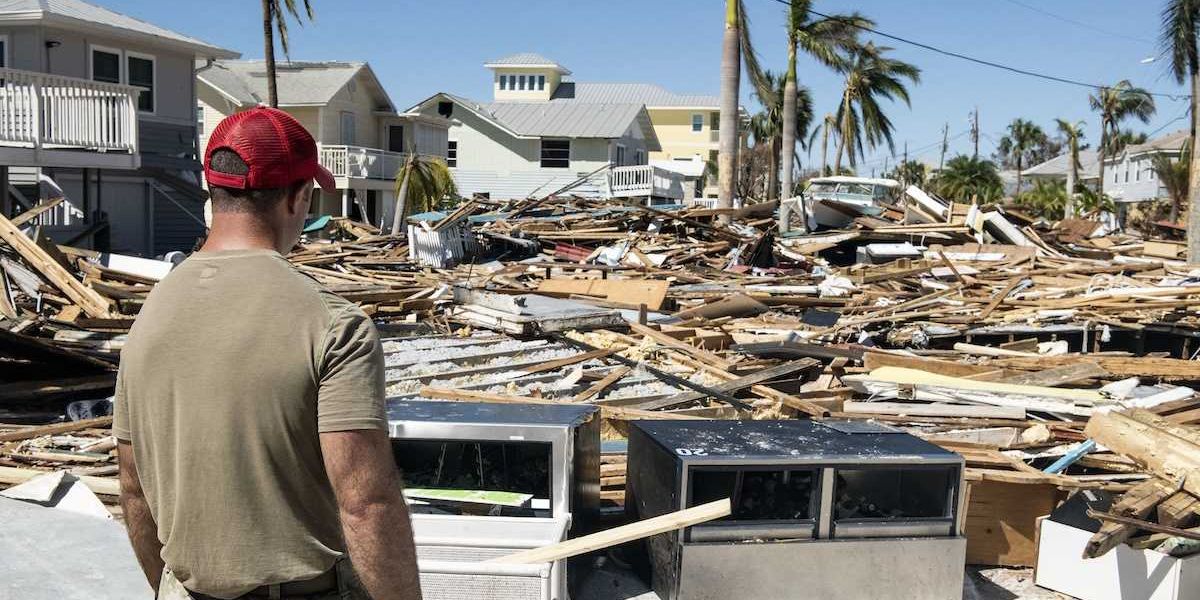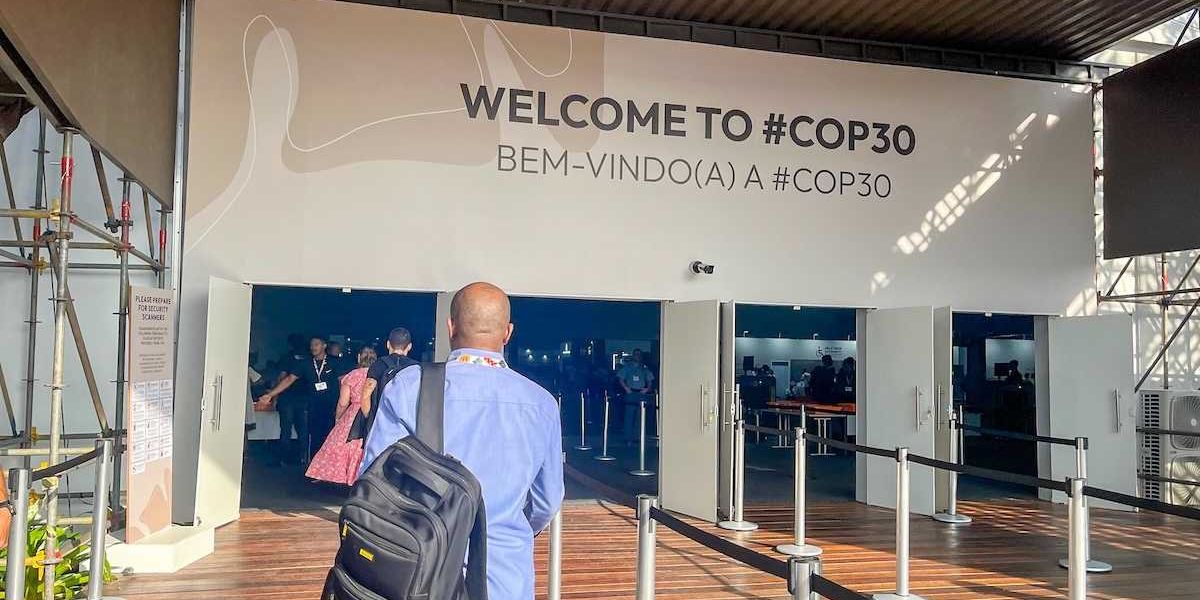
Peter Dykstra: Icebreaker
Long frozen out of presidential politics, CNN's seven-hour climate marathon may make global warming cool again.
The liberal watchdog group Media Matters for America tallied 142 minutes of climate news coverage on the nightly network newscasts and Sunday political talk shows in 2018.
That's two hours, 22 minutes for the entire calendar year, and an hour's worth of those minutes came in an all-climate Meet the Press show.
On Wednesday evening—CNN devoted 420 minutes (seven hours!) – to grilling the 10 leading Democratic presidential candidates on climate change.
In one night.
CNN anchors like Wolf Blitzer paired off to question each of the candidates for 20 minutes, with an ample supply of well-schooled questions from what was clearly a hand-picked audience of activists, scientists, teachers and more.
All kept the questions relevant and useful. As a result, we may never know what's on Amy Klobuchar's Spotify list.
Julián Castro opened the evening at 5pm Eastern with a focus on climate justice. Senator Kamala Harris said she'd end the Senate filibuster rule solely to prevent a Republican blockade of climate legislation should the Dems win control of the Senate.
Minnesota's Klobuchar emphasized climate impacts in the Midwest. Pete Buttigeig linked it to spirituality. Bernie Sanders went for the throats of Big Oil.
Elizabeth Warren and Cory Booker came the closest to righteous anger.
Joe Biden stressed the importance of holding China's feet to the fire. "You can't very well preach to the choir if you can't sing," he said. Tell it, Brother Joe.
At times, the infothon took detours into non-climate-related environmental issues. Much was said about biodiversity, plastic pollution in the ocean, PFAS chemicals, lead in urban drinking water, and more. It was as if CNN wanted to burst out of its – and all news networks' – environmental omerta.
To be sure, there were rough spots. The normally self-assured Harris tried to BS her way through responses to two questions about the melting Arctic and global security. Biden seemed defensive when asked about a high dollar fossil fuel donor.
The candidates and CNN anchors both fell into insider jargon but didn't explain what, for example, the IPCC is, or why methane is a very bad thing for the climate. Kudos to Anderson Cooper for trying an explanation of Marcellus Shale. CNN's in-house climate expert, Bill Weir, could have been given a bigger role.
If you're speaking to the minority of viewers who are climate-woke, such things need no explanation. But the vast majority of viewers need to be welcomed in, not driven away by exclusionary language.
It's already asking a lot for the average viewer to connect the dots from cow belches to the Burger King drive-thru to disappearing glaciers to sunny-day floods in South Beach.
Seven hours. I worked for CNN on these issues for almost 18 years. I'm not sure we got seven hours' worth of climate stories in newscasts in all that time. But never mind. Sacrificing a full night's worth of prime time is a major step toward giving the proper respect to what a majority of the Dem candidates called an "existential" issue. One seven-hour step for a network…
What will be really interesting is how climate will play as an element in the debates between President Trump and the Democrats' nominee. The last time climate change came up in a debate between the nominees was 2008. Moderator Bob Schieffer of CBS bungled the question, referring to climate control —the plumbers' term for heating and air conditioning.
Here's more evidence that, if you'll pardon the expression, the ice has been broken: MSNBC has announced a candidates' "Climate Forum" on September 19 and 20.
Next year's moderators have a year to get it right. Wednesday's moderator conduct would be a good model. The differences between Trump and any of the 10 Dems on climate are vast.
Environmentalists have predicted for years that climate and environment would be crucial issues for voters for the White House and Congress. This time, they may finally be correct.
In the 10 years since I left CNN, there are many times I've felt embarrassed or angered by what the place has become: Obsessive coverage of soon-to-be-forgotten stories like the missing Malaysian airliner, or relentless parades of panels of Washington blowhards stating the obvious about Trump.
Wednesday night, for seven hours, every single person who appeared behaved like a grownup and shared ideas about solving the preeminent problem of our lives.
I've never been prouder of the place.













